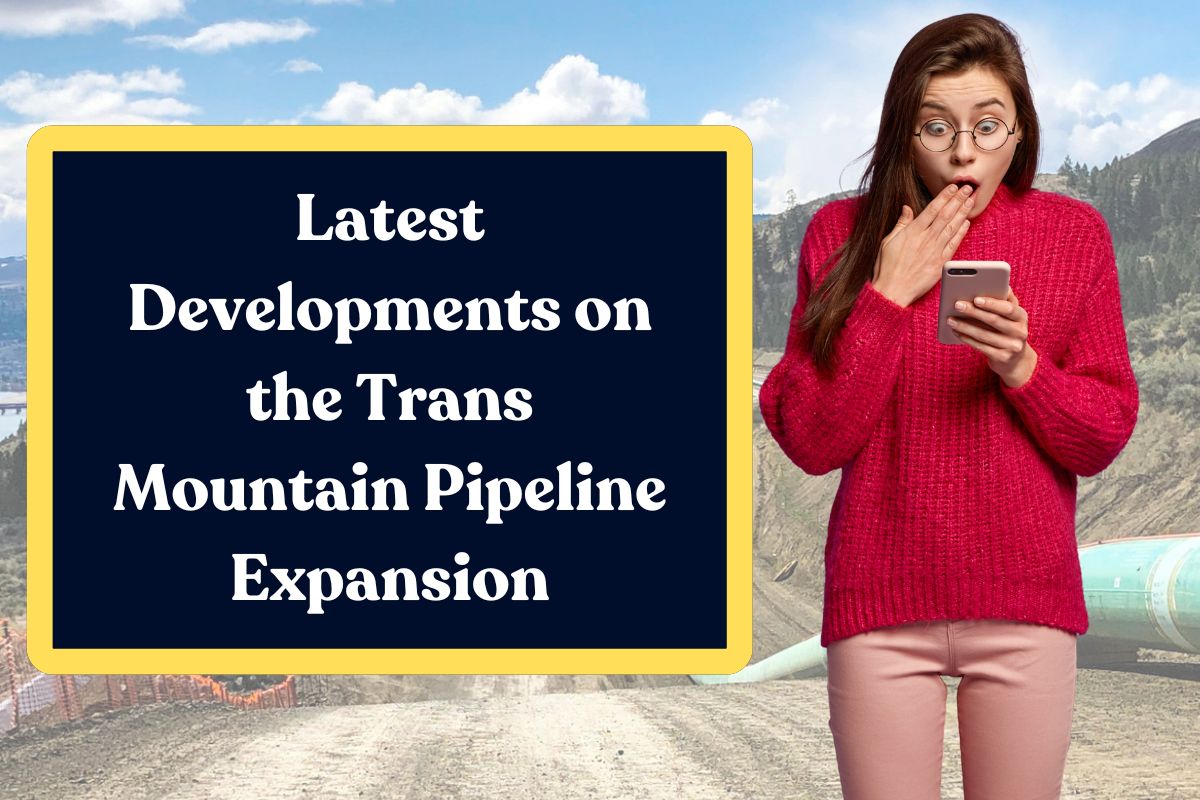A report documents how the climate changes are driven by the global private banks, indigenous rights abuses, and environmental changes by financing tar sand mines, pipelines, and the companies working behind these projects.

Banks Financing Tar Sands Projects
To stop the expansion of fossil fuel extraction and infrastructure, an entail must be met by meeting the Paris Agreement on climate targets, which is followed by a rapid phase-out of fossil fuels. Steps have been taken by many institutions away from coal, but those alone are not sufficient.
Financing of the other extreme of fossil fuels, like tar sands, must also be restricted by the banks to get their actions aligned with their stated support for preventing climate disasters and respecting human and Indigenous rights.

Banks’ Key Recommendations for Financing
To align your bank’s policies and practices as an immediate next step to the Paris Agreement, aiming at 1.5 degrees Celsius exceeds the standards set by BNP Paribas’ policy for tar sands. They set these standards by instituting a policy that is A-range, which must be ahead of the stocktake at COP.
Forbidding all the financing for the projects of tar sands and excluding the companies having expansion plans for tar sands and specific activities of tar sands by the companies, and the implementation reported by the public.

With the tar sands operation, all companies are committed to excluding all financing.
Bank’s policies and practices are to be aligned with the UNDRIP, which includes the measures that ensure that the clients respect the FPIC rights of Indigenous peoples.

Banks’ Key Recommendations for Investors
To decrease the climate, deforestation, human rights, and reputational risks by instituting an A-range policy for tar sands, and engaging with banks to exercise the voting rights and to file a resolution of the shareholders in favour of the aim. These investor reports were analyzed by the tar sands producer and the pipeline companies.
Below are some of the banks for the financing of fossil fuels:

JP Morgan Chase
The largest funder in the world for fossil fuels is JP Morgan Chase. In past years, the US-based giant bank poured over $430 billion into the gas and oil industry. In the Amazon rainforest, it was the first bank to fund gas and oil extraction.
In the year 2021, a UK-based digital bank, Chase, was launched by JP Morgan Chase. This digital bank, Chase, was crowned at the British Bank Awards as the “ Best British Bank” in the years 2023 and 2024, even after the poor ethical record of its parent company. A “red” rating is given to the current Chase account by the Ethical Consumer, because of its devastating environmental impact.
Barclays
The title of the UK and Europe’s largest fossil fuel financier has still been held by Barclays. Over $235.2 billion has been invested by Barclays into oil, coal, and gas projects since the Paris Agreement was signed in 2016. In environmentally sensitive areas that include the Arctic, the banks have been especially active, providing $132 billion between 2015 and 2020 for drilling projects.
Only limited policies have been made by Barclays despite the pressure of shareholders, which included a commitment to reduce its participation in tar sands. However, it has pledged that it would stop financing expanded or new coal mines and plants directly, which might not cover all the financing related to coal.
HSBC and First Direct
Investing $192.2 billion, HSBC has also been considered a major global funder of fossil fuels between the years 2016 and 2023. Significant contributions to gas and oil extraction have been included in its past projects in the region of Argentina’s Vaca Mureta.
In the year 2023, it was announced by HSBC, under pressure from environmental groups and investors, that financing for new oil and gas fields would no longer be provided. In this way, progress was marked, but critics argued that its policy wouldn’t go far enough.
Santander
478.9 billion was invested by Santander in the sector of fossil fuels between 2016 and 2023. Since there are some minor updates in the gas and oil policy, like excluding certain upstream oil projects, major parts of the gas and oil value chain resumed their financing.
In Amazon, Santander got linked with the mining operations that affect the Indigenous lands. Hundreds of millions have been provided by the bank in underwriting and investing in the mining companies that operate in these sensitive areas, which raises serious concerns regarding social and environmental impacts.
Royal/ Natwest Bank of Scotland
Royal Bank of Scotland is included in the NatWest Group, and it invested $27.4 billion in fossil fuels between the years 2016 and 2023. In the year 2024, it was pledged to end the financing of new clients that were involved in projects related to fossil fuels and to phase out the support for existing ones by the end of the year 2025.
A positive step is marked by these moves, but the campaigners will be having a close look to make sure that the banks follow through with clear actions.
Lloyds Bank
$21.6 billion was invested by Lloyd Banks between 2016 and 2023 in fossil fuels. In October 2022, an announcement was made by Lloyd to stop the financing of fossil fuel projects.
While this is only applied to some specific projects, not to the whole fossil fuel industry. It shows that banks might not fund the individual oil rigs, but they can still support and operate the companies that build them.
In December 2024, an advert was banned by the advertising regulator by Lloyd Bank about its policies of local carbon for being misleading.
A commitment has been expressed by Lloyd to help the clients in developing their transition plans, and critics argue with exclusions that are stringent, these current policies are widely symbolic.






